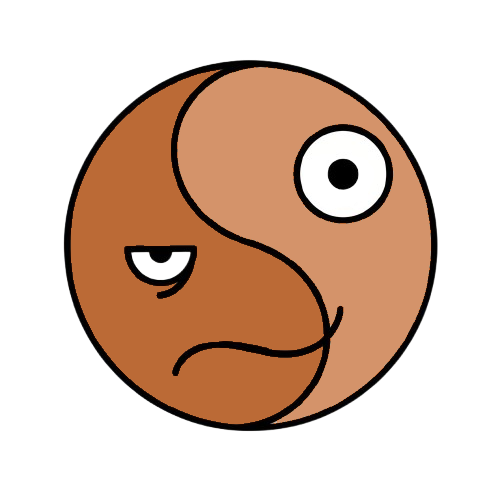Anxiety and Depression Couples
Relationship guidance for anxiety and depression couples - supporting each other through different mental health challenges while maintaining connection

Comprehensive guide for depression in relationships - supporting depressed partners, maintaining connection, and building resilience together
Low energy and motivation can make partners feel disconnected, while emotional withdrawal may strain intimacy and communication. With compassionate support, couples can navigate depression together and build deeper understanding and resilience.
Depression is more than feeling sad—it’s a serious medical condition that affects mood, energy, thinking, and physical health. In relationships, depression can create challenges around emotional connection, shared responsibilities, intimacy, and communication, but with understanding and support, couples can navigate depression together and maintain strong bonds.
Depression affects not just the individual but the entire relationship dynamic. Partners of people with depression often feel helpless, frustrated, or guilty, while the depressed partner may feel like a burden. With proper support and professional help, relationships can not only survive depression but grow stronger through the experience.
Depression often causes emotional numbness or withdrawal, making it difficult to express love, show interest, or engage in meaningful conversations, leaving partners feeling rejected or unloved.
The fatigue and lack of motivation that accompany depression can affect participation in household tasks, social activities, and relationship maintenance, creating imbalance and resentment.
Depression creates persistent negative thoughts about self, relationships, and the future, leading to hopelessness, guilt, and difficulty seeing solutions or improvements.
Depression often reduces interest in physical affection and sexual intimacy, which can strain romantic connections and leave partners feeling unwanted or confused.
Basic tasks like hygiene, work performance, and social obligations can become overwhelming during depressive episodes, affecting the couple’s lifestyle and social connections.
Lisa and Tom’s Story: When Lisa’s depression made her withdraw emotionally, Tom initially felt rejected and responded with frustration. After learning about depression and encouraging Lisa to seek therapy, Tom learned to provide steady support without pressure. Lisa’s recovery strengthened their communication and appreciation for each other.
Discover how Nemlys can help couples navigate depression together with personalized support strategies, mood tracking tools, and resources for maintaining connection and intimacy through challenging periods while building long-term resilience.
Relationship guidance for anxiety and depression couples - supporting each other through different mental health challenges while maintaining connection
Communication Scripts for Difficult Conversations - Ready-to-use scripts for neurodiverse couples to navigate challenging topics

Time management struggles and forgotten tasks can create tension, while emotional intensity and impulsivity may lead to misunderstandings. However, ADHD also brings spontaneity, creativity, and passionate energy to relationships.

Constant worry and need for reassurance can strain both partners, while social anxiety may limit shared activities. With understanding and patience, anxious partners can build secure, supportive relationships that reduce worry over time.

Communication differences and sensory needs can create misunderstandings, while social situations may feel overwhelming. Yet autistic partners often bring deep loyalty, honest communication, and unique perspectives that strengthen relationships.

Mood episodes can create unpredictable emotional highs and lows, while medication side effects may impact intimacy and daily routines. With proper treatment and understanding, couples can build stability and navigate mood changes together.
Ready to strengthen your relationship with depression in relationships-informed strategies? Nemlys provides personalized guidance tailored to your unique situation.
Try Nemlys App